Fr Paul Gooley reads from the Gospel of Matthew (18: 12-14) in which Jesus uses the idea of a shepherd searching for a lost sheep, and his joy at finding it, to explain God the Father’s relationship to his people. Fr Paul says in the Old Testament the people of Israel are often represented as sheep who need to be looked after. Correspondingly, God is represented as the shepherd, who delegates this responsibility to the leaders of the nation (eg Ezekiel 34). This little pastoral parable of the lost sheep occurs also in Luke 15.3-7. Here in Matthew, typically, the parable is more factual than affectionate. The shepherd does not hoist the sheep onto his shoulders. He rejoices on his own rather than with the neighbours who in Luke have been invited along and are then joined by the hosts of heaven. Nevertheless, an additional layer of meaning is given by the context, for the parable occurs in the heart of Matthew 18, which is about the community and living together in community. It therefore suggests that it is the duty of the community to go and search out the one sheep who strays: a lost sheep is the concern of the whole community. It is a little bit dubious whether the shepherd is wise to desert the ninety-nine others in order to search for the stray. On the craggy hills of the Judean desert some of the ninety-nine could well disappear while the shepherd is on his search. This feature surely goes to show the extreme love of the divine shepherd for each and every individual. With these images in mind, Fr Paul invites us to reflect, ‘What do I need to find in my life with God’s help? How do I respond to the extreme love that God has for me?’

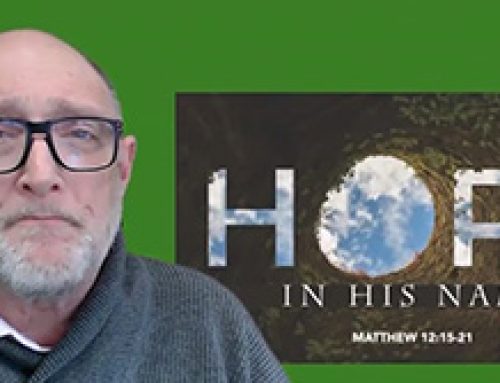
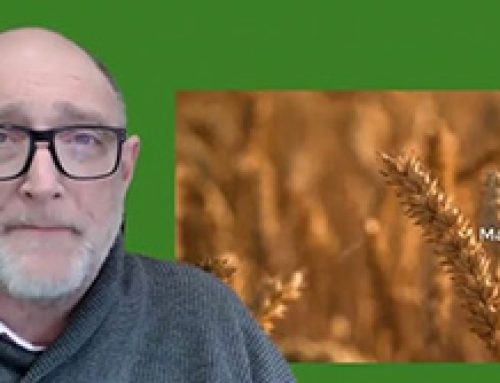
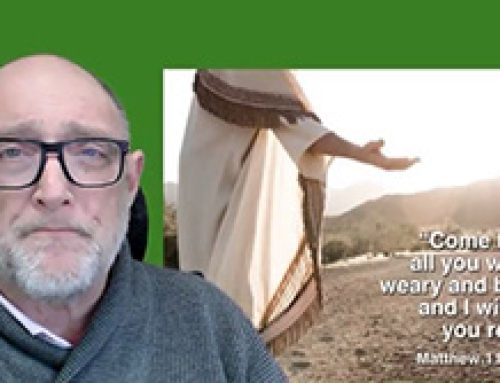
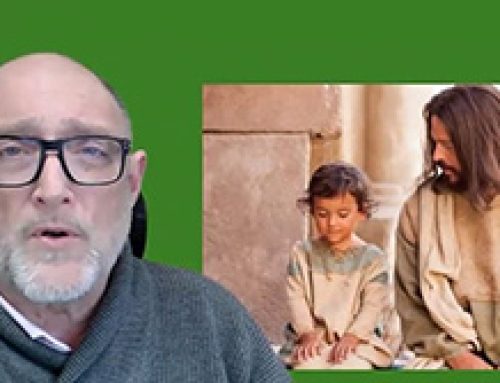
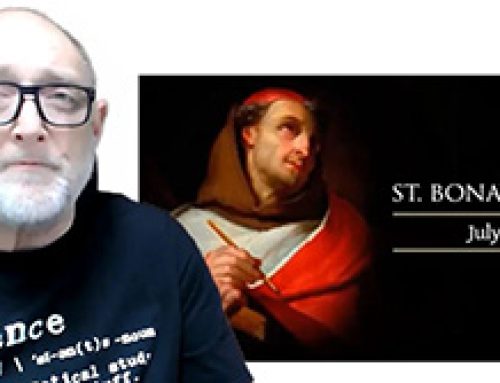
Leave A Comment